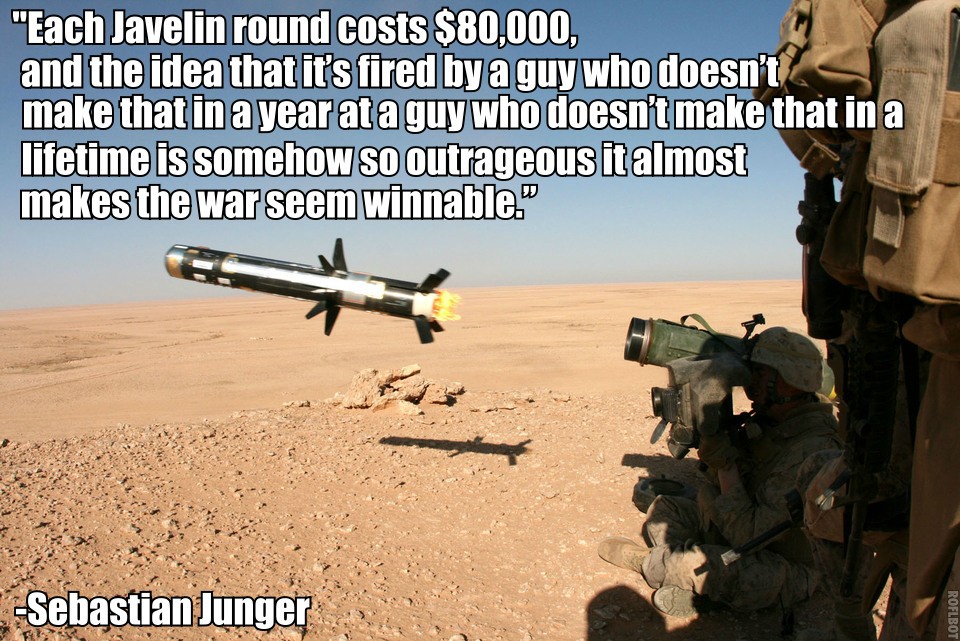I’m sure you’ve all heard the news that Hostess, the company that produces Twinkies and other foodstuff that’s bad for you, have decided to liquidate:
Hostess Brands Inc., the maker of iconic treats such as Twinkies and traditional pantry staple Wonder Bread, said Friday it is shuttering its plants and will seek to liquidate the 82-year-old business.
The company, which filed for Chapter 11 in January, said it has requested bankruptcy-court authorization to close the business and sell its assets.
A victim of changing consumer tastes, high commodity costs and, most importantly, strained labor relations, Hostess ultimately was brought to its knees by a national strike orchestrated by its second-largest union.
I could write about the Union’s effectiveness at preventing Hostess from cutting its employees’ wages by 8% by forcing them to cut wages by 100% but you’ve heard it all by now. Instead I want to focus on the panic buying. There has been a lot of talk about people buying up stocks of Twinkies in the hopes of either storing them for personal consumption or selling them when they become more scarce. Although I expect this I’m still baffled by the behavior.
There is obviously a demand for Twinkies. Now that Hostess is being liquidate enterprising entrepreneurs have an opportunity to buy up the trademark, recipe, and production equipment for Twinkies and produced them without repeating the same mistakes as Hostess. Through the miracles of the market Twinkies are almost certain to continue on. Somebody else will own the manufacturing capabilities, pay the employees, etc. but they will likely be the exact same yellow cream-filled cakes as people seem to love.
In the immortal words inscribed on the cover of The Hitchhiker’s Guide to the Universe, don’t panic.
